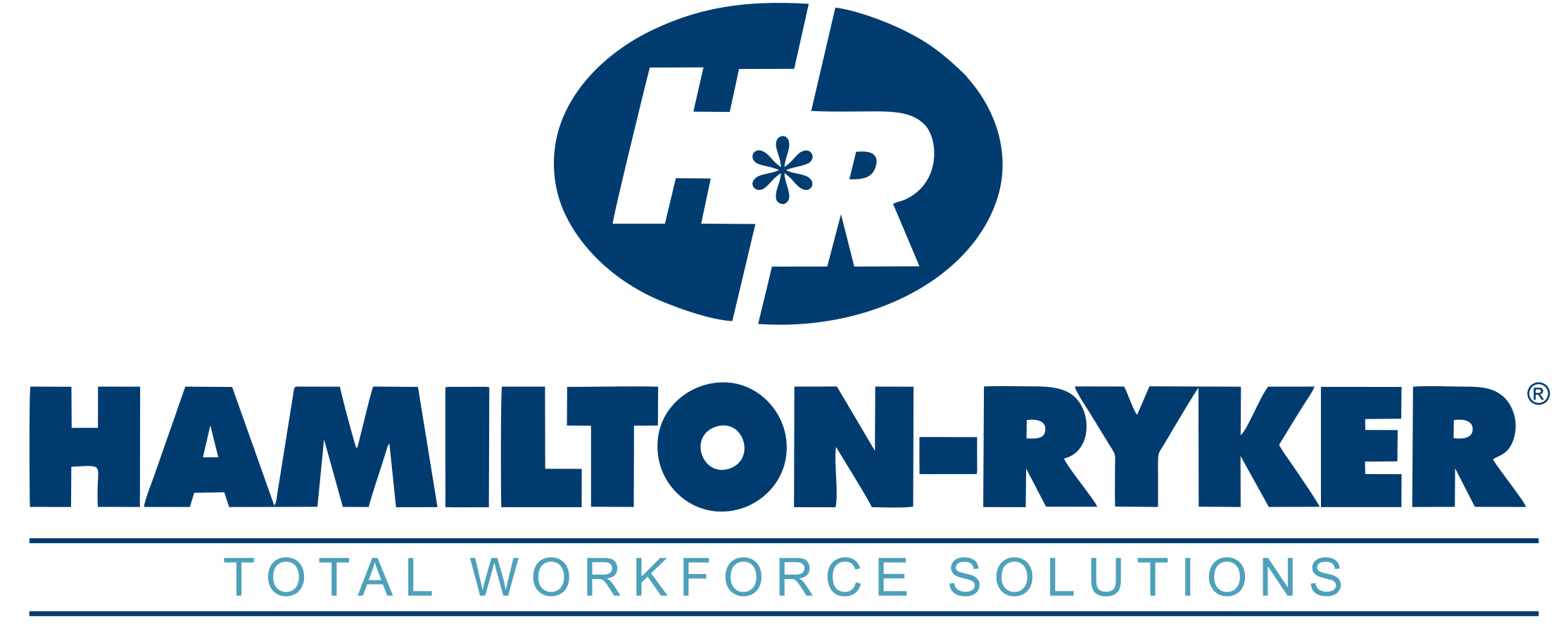3 Reasons Why Companies Need to Continue Adopting Remote Recruitment Processes
As concerns about the pandemic continue to wane, an increasing number of companies are shifting back to their pre-pandemic recruitment approaches. While there are some benefits to these strategies – such as the ability to engage with a candidate in-person – that doesn’t mean leaving behind your remote recruitment processes is the best choice.
Ultimately, remote recruitment processes provide companies with a wide array of benefits, making these strategies worthwhile. Here’s a look at three reasons why companies need to continue adopting remote recruitment processes.
1. Extending Your Reach Beyond Your Immediate Area
The biggest drawback to an in-person recruitment approach is that it limits your candidate pool based on geography. Only job seekers who are willing and able to trek to your workplace can move forward in the process, which is inherently limiting.
Remote recruitment processes aren’t bound by geographical limitations. You can connect with candidates regardless of their physical location, allowing top contenders to move forward.
Even if the role is conducted onsite once the hiring process moves forward, this lets you find job seekers interested in moving to your area, but that need a job before they can transition. As a result, this expands your reach regardless of whether the position itself is remote.
2. Lowering Costs Through Increased Efficiency
Remote recruitment processes are typically less expensive than their in-person counterparts. Since you aren’t bringing a candidate into your workplace, you don’t have to spend time coordinating parking passes and arranging for their entry. If you traditionally offered candidates beverages, that’s an expense you’ll no longer have to shoulder either.
There’s also a time savings at the time of the interview. The job seeker won’t have to engage with a receptionist to check in for the meeting, which saves that administrative professional time. There’s no time spent arranging for conference rooms or guiding candidates through the workplace.
By sticking with a remote recruitment process, the increased efficiency and lower expenses reduce hiring costs. Since hiring can be an expensive venture, that alone can make maintaining these options worthwhile.
3. Remote Recruitment Is Flexible
Remote recruitment processes add a degree of flexibility that you can’t capture with in-person approaches. For instance, offering after-hours interview times is simple. Even if your building isn’t open to visitors after 5:00 pm, preventing job seekers from being able to arrive after that for an interview, you can engage with a candidate online at any time of day or night.
With remote recruitment processes, all participants can take part regardless of their location. As long as everyone has a suitable device and internet connection, that’s all it takes to join the meeting. This makes it easier to fit interviews into busier schedules, both for candidates and hiring managers. Often, this can help hiring processes move faster, ultimately reducing your time-to-fill.
In the end, remote hiring processes continue to have a lot to offer. If you’re looking for skilled candidates and would like the benefit of working with experienced recruiters, the team at Hamilton-Ryker wants to hear from you. Contact us today.

